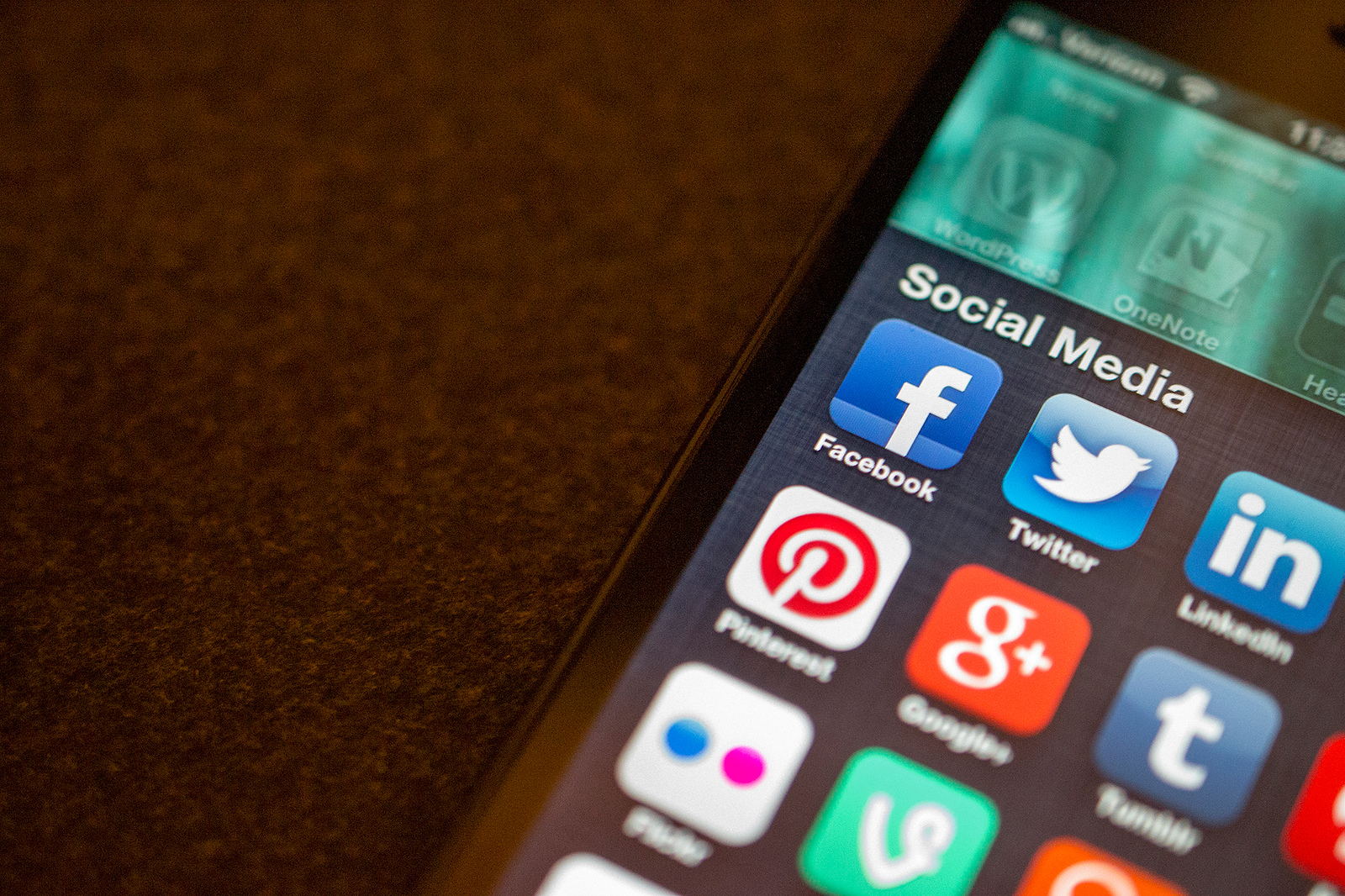
From the ongoing debate on the role social media in our schools and workplaces, a number of studies have emerged which contradict the view that these tools are distracting time wasters.
A recent study conducted in Pennsylvania at Lockhaven University divided a class of pre-health professional program students into a Twittering group and a non twittering group.
The experimental Twitter group were asked to contribute to class discussions and complete assignments using the social medium. One task they were given was to tweet about their experience on a job shadowing day or comment on class readings.
The control group however completed the same curriculum tasks but they did not engage in any social media usage.
The results show that students in the Twitter group, demonstrated a higher level of engagement in the course than the control group and scored a .5 increase in their overall Grade Point Average for the semester.
Closer to home, a Melbourne University study undertaken last year by Dr Brent Coker, found that workers who engage in ‘Workplace Internet Leisure Browsing’ are more productive than those who don’t.
This month, the Australian Psychological Society (APS) released the findings of their survey The Social and Psychological Impact of Online Social Networking.
Researcher Dr Rebecca Mathews found that contrary to earlier studies suggesting online social networking reduced social skills and increased people’s sense of isolation, the APS found the social networking phenomenon had the opposite effect. Those actively engaged on social networks were catching up with friends and family more often.

